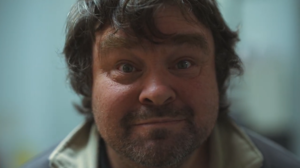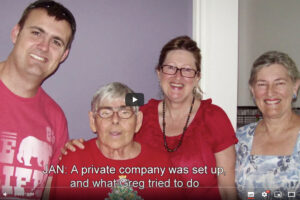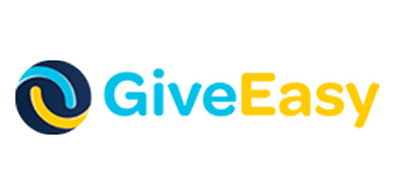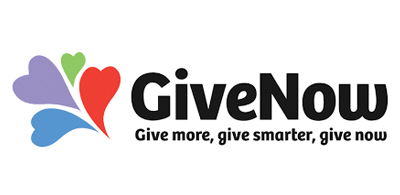WHAT WE DO
Individual Advocacy
Artwork: ‘Individual Advocacy’ by Uncle Paul Constable Calcott”.
How an Advocate can assist
Individual advocacy is speaking, acting and writing on behalf of a vulnerable person whose human rights are being denied and whose fundamental needs are not being met. SUFY provides short, medium and long term social advocacy.
Some examples of how an advocate can assist:
- Assist people to obtain appropriate housing
- Assist people to maintain their tenancy
- Assist people to access appropriate mental health services
- Provide support at QCAT hearings in relation to matters of Guardianship, Restrictive Practices and Administration
- Assist people who are involved in the criminal justice system
- Assist people to access appropriate legal services when necessary
- Raise complaints and bring to the attention of the relevant authorities incidents of abuse and neglect
- Assist people who have been forced to live in inappropriate settings such as nursing homes or health facilities to get their support needs met
- Assist people to address issues of discrimination
- Assist people to access necessary and appropriate equipment
- Support people to have as much choice and control in their life as possible
- Assist people to access necessary and adequate funding to meet their needs
- Raise complaints regarding service gaps and/or reduction in service provision
- Raise complaints regarding service policy and procedure which impacts on a person’s support by restricting their independence and individual choice
- Assist people with ongoing matters with the Public Guardian or Public Trustee
- Assist people to navigate the NDIS
- Assist to exercise choice and control in relation to support options and services
- Support people to make informed decisions
- Address issues, conflict or a complaint with a service provider
- Engage in service quality processes
Individual Stories

The Power of Advocacy
In this video Brendon shares how SUFY’s advocacy has impacted him positively through supporting him to navigate a pathway to a more independent life. Thank

Ashley’s Story
Ashley is a man SUFY previously advocated for. His story highlights the role advocacy can have in making positive and sustainable changes to a vulnerable

June’s Story
June’s story proves that it is never too late for a good life. We invite you to watch this video and learn more about June’s
Artwork: ‘Individual Advocacy’ by Uncle Paul Constable Calcott
Why is independent individual advocacy important?
SUFY’s advocacy is not just in relation to support and service issues. It addresses the barriers, mistreatment and injustices people with a disability experience in all aspects of their life:
- Homelessness and housing issues
- Mistreatment within the health system
- Woman having their children removed by Child Safety because they have a disability
- Inadequate representation at Mental Health Review Tribunals or
- Queensland Civil and Administration Tribunals
- Inappropriate and illegal use of Restrictive Practices
- Prolonged years of institutionalisation in nursing homes or health facilities
- Discrimination
- Involvement with the criminal justice system either as a victim or an alleged offender
For individuals in these situations the difference between having access to advocacy and not is profound. In these circumstances strong independent advocacy is needed to take up the issues on behalf of the vulnerable person, to represent their needs and interests and to get a better deal in life. It is also hoped by drawing attention to an individual’s mistreatment and injustice larger systemic injustices are also exposed and unacceptable practices are hopefully minimised or discontinued.
For decades people with a disability have experienced discrimination, denial of rights, exclusion and oppression. A change in funding model such as the NDIS will help in shaking things up but it alone will not put an end to this. Therefore the introduction of the NDIS should be viewed as the beginning not as the endpoint in the road of a truly inclusive society where all rights of people with a disability are recognised. The crucial role independent advocacy has in this needs to be acknowledged.



